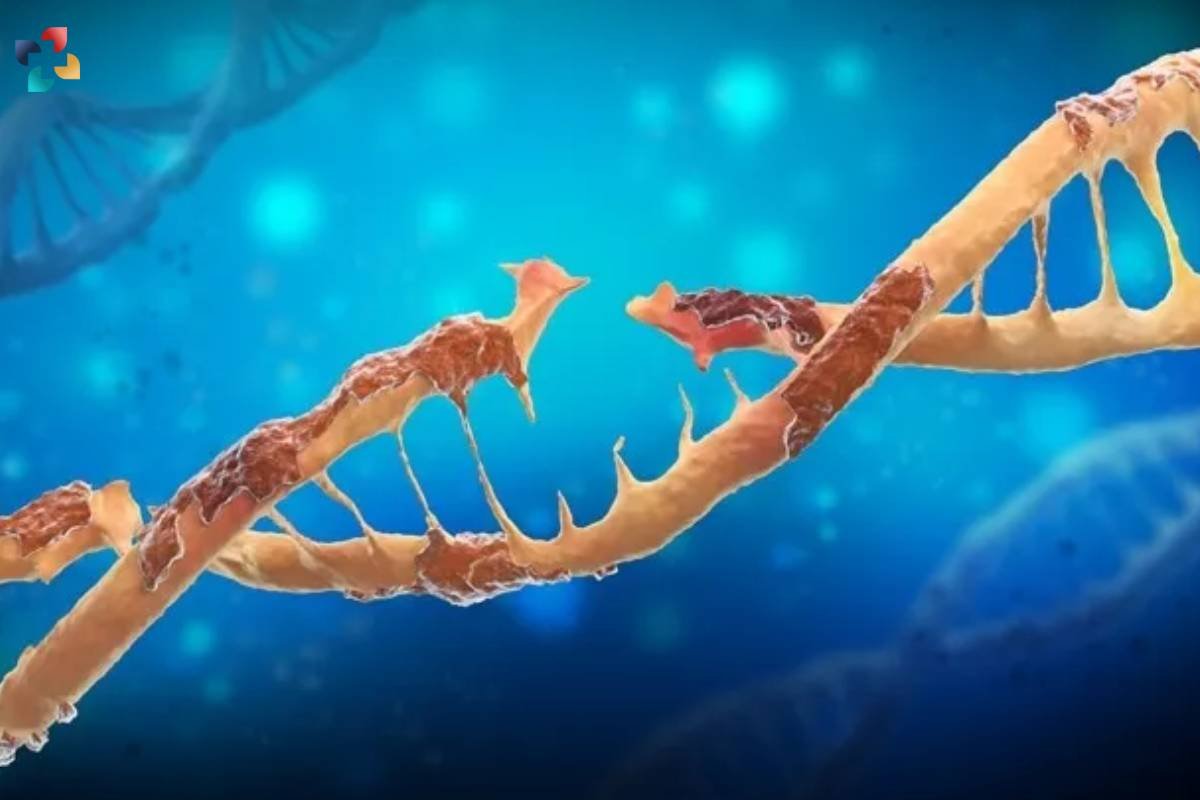Source- industrialnews.co.uk
The Discovery
A groundbreaking study led by researchers at Nagoya University in Japan has uncovered a significant link between aldehydes and premature aging. Published in Nature Cell Biology, the research sheds light on how metabolic byproducts like aldehydes contribute to aging processes. The team, including Yasuyoshi Oka, Yuka Nakazawa, Mayuko Shimada, and Tomoo Ogi, delved into the detrimental effects of aldehydes on human health and aging.
Understanding the Mechanism
The researchers hypothesized a correlation between aldehyde-derived DNA damage and premature aging, particularly in individuals with disorders like AMeD syndrome. These conditions often exhibit reduced activity of enzymes, such as ALDH2, responsible for metabolizing aldehydes. Aldehydes are highly reactive substances known to form DNA-protein crosslinks (DPCs), which interfere with essential cellular processes, leading to accelerated aging.
Implications and Future Directions
The study not only uncovers the underlying mechanisms of premature aging diseases but also suggests potential therapeutic interventions. By elucidating the role of aldehydes in DNA damage and aging, the researchers open new avenues for developing targeted treatments. Professor Ogi emphasizes the importance of understanding these mechanisms for advancing therapeutic strategies for genetic diseases like AMeD syndrome and Cockayne syndrome. Furthermore, the study suggests that aldehyde-induced DNA damage may contribute to aging in healthy individuals, implicating environmental factors such as alcohol consumption and pollution in cellular aging processes. This groundbreaking research offers insights into the complex interplay between environmental factors, DNA damage, and aging, with significant implications for human health and lifespan.
Conclusion
The study conducted by researchers at Nagoya University reveals a crucial link between aldehydes and premature aging, providing valuable insights into the mechanisms underlying genetic diseases and aging processes. By elucidating the role of aldehydes in DNA damage and aging, the research paves the way for future studies aimed at developing targeted therapeutic interventions. The findings highlight the importance of understanding environmental factors in cellular aging and offer potential avenues for improving human health and lifespan.







